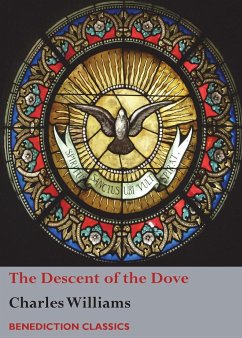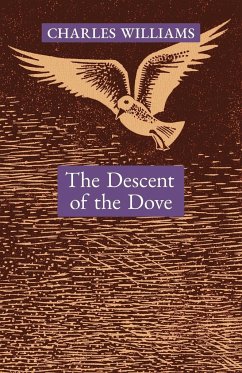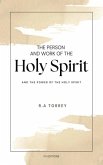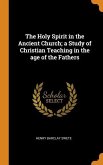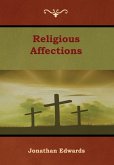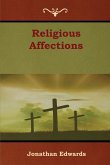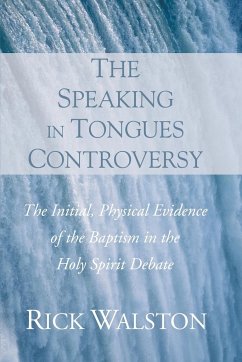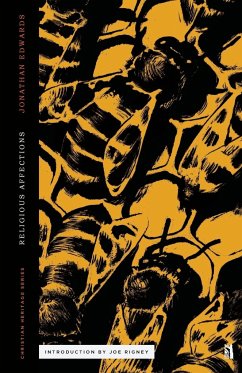Charles Williams always makes you stop and think deeply. Charles Williams was a writer of unusual genius. He had an ability to make theological matters not merely interesting to the lay person; but to make them appear, what they in fact are, matters of Life and Death. His position is clear: The history of the church began an Pentecost and is the story of "the operation of the Holy Spirit, the third person of the Trinity, on humanity." Williams reviews church history in terms of the action of the Holy Spirit, rather than the actions of humanity. The Descent of the Dove is a much needed supplement to traditional church histories. Charles Walter Stansby Williams (1886 -1945) was a British poet, novelist, playwright, theologian and literary critic. He was a member of the Inklings and a reader for Oxford University Press.
Bitte wählen Sie Ihr Anliegen aus.
Rechnungen
Retourenschein anfordern
Bestellstatus
Storno

